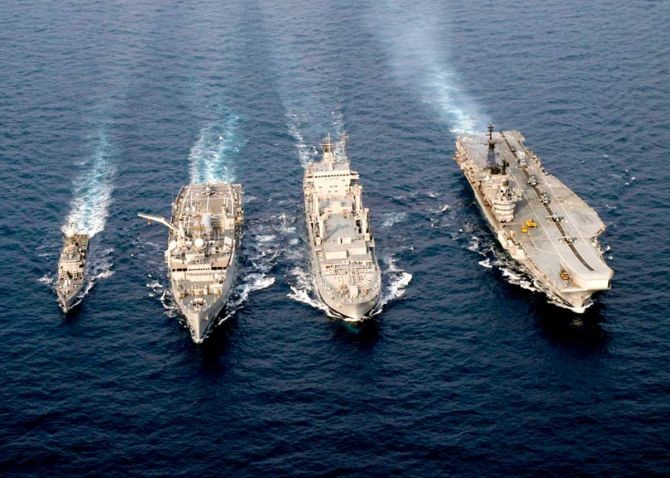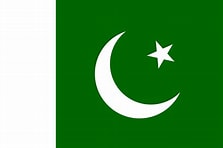Abstract. Iran and Russia recently conducted a maritime drill in the Persian Gulf. There were contradictory reports on Indian participation. While Iran was keen for India to join, India kept away from this exercise. This paper shall examine the nature of the Indian position vis-à-vis Iran. India has long term political, economic and security ties with Iran. The Chabahar port is being built by India. India has long been seen as neutral in conflicts between GCC countries and Iran. One challenge faced by India was the sanctions by the United States of America (USA) on Iran. After the waiver was not renewed in April 2019 India had to stop buying oil from Iran. Consequently, Iran has been seen as gravitating towards China. Iran and China are reported to be moving towards a strategic agreement. In another development, Iran has reportedly ousted India from a rail line linking Zahedan in Afghanistan and Chabahar. This was supposed to be a trilateral agreement of the three countries. There are specific challenges for maritime security from the Iran-US tensions. The PLA-N is increasing its presence in the Persian Gulf. There is poor coordination between India and the USA in this region. The Strait of Hormuz is an important choke point for India. The recent non-participation in the naval exercise is perhaps symptomatic of deeper issues. The change of government in the USA opens new possibilities for Iran. Here too India could play a constructive role. Given the position of Strategic Autonomy it is seen as a neutral party by all concerned. This paper will address these issues and attempt to conclude on the way forward.
Keywords: Maritime, Iran, Russia, Persian Gulf, Indo-Pacific, Indian Ocean, Chabahar, China








